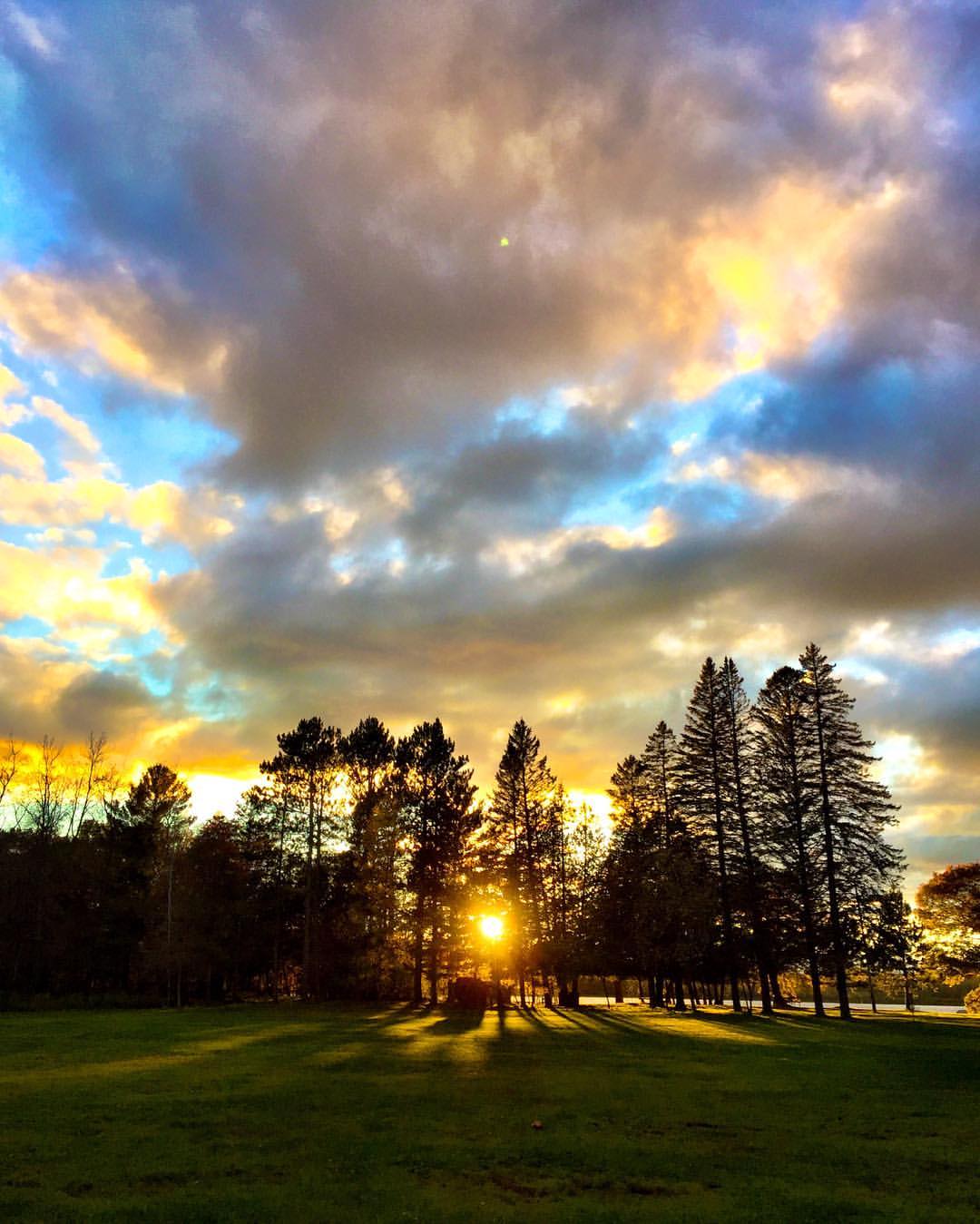The Daughters of Zelophehad: United We Stand

Political divisions. Strife. Grief. Unfortunately, all seem common these days. On this election day, I hope our country begins to heal. Sadly, it will take time. But there’s much to be said for the theme, “United we stand, divided we fall.”
Thousands of years ago, five girls faced similar grief and division that would have taken down most of their peers. But standing together, they were a strong unit—and the actions they took have influenced American legal decisions as late as 2013. Here’s their story:
Classic moment
When they presented a case to Moses to inherit the family name and property—and won.
Who were the daughters of Zelophehad?
The largest group of sisters in scripture have their names recorded
The first women to propose a change to Mosaic law
The first women (on record) to challenge their inheritance rights
Key thing to know: They had no brother. Under Mosaic law, the family name and property would go to the closest male relative.
What did the daughters of Zelophehad say?
They stood before Moses, Eleazar the priest, the leaders, and all the congregation, at the entrance of the tent of meeting, and they said,
“Our father died in the wilderness; he was not among the company of those who gathered themselves together against the Lord in the company of Korah, but died for his own sin; and he had no sons. Why should the name of our father be taken away from his clan because he had no son? Give to us a possession among our father’s brothers.” Numbers 27:3-4
The details
Picture these five young women with their heads held high. Their father, a good man, has died. Even though they are troubled, they are not overtaken by grief. They, are, however, facing the cliff of poverty and anonymity; in those days, women had no rights of inheritance. The property that had belonged to their father would legally pass into the hands of male relatives, and their father’s name would vanish.
This is no theoretical discussion—for at the time their father died, census takers were counting faithful Jewish men and their descendants. From that count would come land assignments after the group crossed into the Promised Land. (Yes, the land did belong to other people, but the Israelites saw it as their own, based on God’s promise to Abraham.)
The girls debate the inequity of it all—and then they go to the halls of power: the Tent of Meeting. There, in one strong and united voice, they ask for their due.
It is not fair, they say. It is not fair for our father’s name and lineage to fade away because he has no sons. It is not fair that his property be given to some distant male relative because he has no sons. He is our father; we are his daughters.
And God bless Moses, who takes them seriously, appealing to God, the author of all laws and the foundation-builder of Mosaic law. God sides with the daughters, and they inherit the property.
A footnote to this story: The new law was amended several years later to say that if a woman were to inherit her father’s property, she must marry a man of the same tribe, thus preserving religious as well as legal ties. That was not a problem for these five daughters: they all married men of the covenant—however, it may have affected others down the road.
Consider this
These five young women were ahead of their time. At a time when women were considered property, they confronted a profoundly unfair law and took it to the hall of power. Working together, they saved their family name and established their own financial security.
Moses deserves credit here for not dismissing the girls out of hand. He could turned them away with just a thrust of his head. Instead, he listened and consulted God. This dilemma describes the balance of a policy request versus an everyday decision. Moses understood this was big stuff; this was one for the Boss to decide.
Some may think of this story as an arcane biblical detail. Not so. Computer data searches find the case referred to as recently as June of 2013, when Edie Winsor used learnings from it to inspire her argument to the Supreme Court, speaking in favor of same-sex marriage and against the Defense of Marriage Act. Zelophehad’s daughters were also cited in an article by Henry C. Clark in the American Bar Association Journal of February 1934. There, Clark calls it an “early declaratory judgment in which the property rights of women marrying outside of their tribe are clearly set forth.”
Their voices remain strong. Remembered for their courage and unity, may they remind us that when we speak clearly and stick together, we all benefit. God bless us all.
Photo: Adam Estrem

